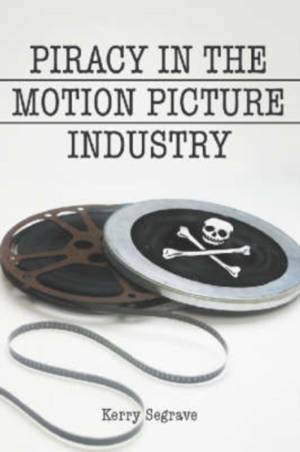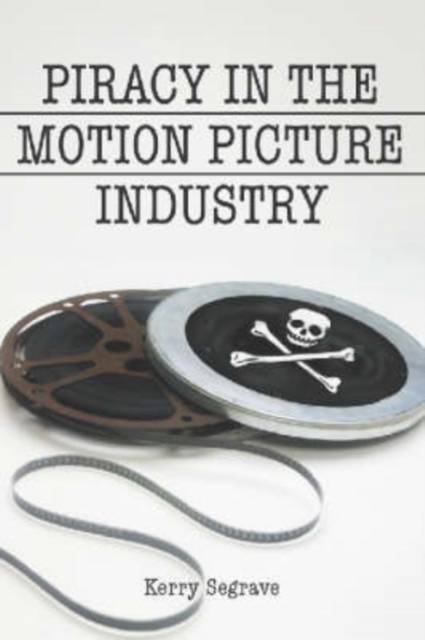
- Retrait gratuit dans votre magasin Club
- 7.000.000 titres dans notre catalogue
- Payer en toute sécurité
- Toujours un magasin près de chez vous
- Retrait gratuit dans votre magasin Club
- 7.000.0000 titres dans notre catalogue
- Payer en toute sécurité
- Toujours un magasin près de chez vous
Description
Film piracy began almost immediately after the birth of the film industry. Initially it was a within-the-industry phenomenon as studios stole from each other. As the industry grew and more money was involved, outsiders became more interested in piracy. Stolen material made its way offshore since detection was less likely. Hollywood's major film studios vigorously pursued pirates and had the situation fairly well under control by the middle 1970s--not eliminated but reduced to a low level--until videocassettes arrived.
This work begins with a discussion of some of the earliest cases of piracy in vaudeville. It then considers how the problem continued to grow exacerbated by the lack of legal resource available to performers, and the ways film exhibitors cheated the film distributors and companies and the measures that the distributors and companies took to prevent piracy over the years.
Also examined are the practices of American theater owners who tried to cheat Hollywood, especially through the practice known as bicycling--extra, unpaid for screenings of a legitimately held film--and altering paperwork to reduce the money owed to distributors on films screened on percentage contracts. Also examined, to a lesser degree, are Hollywood's own efforts to cheat, including the disregard of copyrights held by others.
Spécifications
Parties prenantes
- Auteur(s) :
- Editeur:
Contenu
- Nombre de pages :
- 228
- Langue:
- Anglais
Caractéristiques
- EAN:
- 9780786414734
- Date de parution :
- 28-01-03
- Format:
- Livre broché
- Format numérique:
- Trade paperback (VS)
- Dimensions :
- 155 mm x 229 mm
- Poids :
- 312 g

Les avis
Nous publions uniquement les avis qui respectent les conditions requises. Consultez nos conditions pour les avis.






